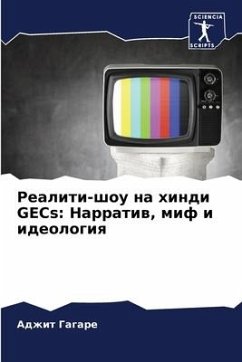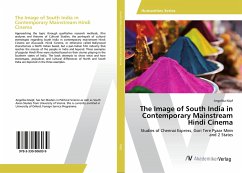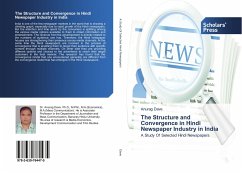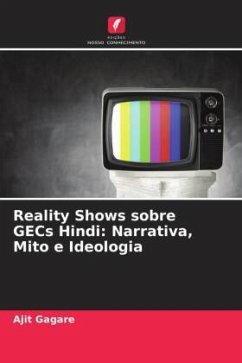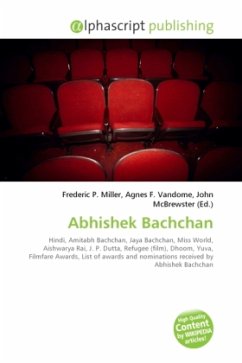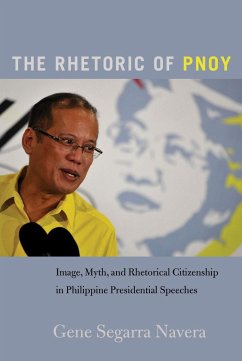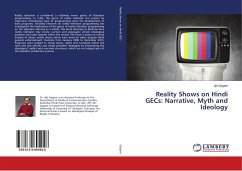
Reality Shows on Hindi GECs: Narrative, Myth and Ideology
Versandkostenfrei!
Versandfertig in 6-10 Tagen
51,99 €
inkl. MwSt.

PAYBACK Punkte
26 °P sammeln!
Reality television is considered a relatively newer genre of television programming. In India, the genre of reality television has proven an important contributing type of programming since the development of early programs. Scholarly research on reality television programming has investigated the implications of the genre of reality television programming on the television industry as a whole. This book attempts to illustrate how reality television may create, nurture and propagate certain ideological positions and value systems within the society. The book is based on critical analysis of el...
Reality television is considered a relatively newer genre of television programming. In India, the genre of reality television has proven an important contributing type of programming since the development of early programs. Scholarly research on reality television programming has investigated the implications of the genre of reality television programming on the television industry as a whole. This book attempts to illustrate how reality television may create, nurture and propagate certain ideological positions and value systems within the society. The book is based on critical analysis of eleven reality shows which were aired on select popular Hindi general entertainment channels from January 2009 to December 2015. Programs were studied to reveal values, myths and narratives within the texts and also identify and reveal prevalent ideologies by interpreting the ideological, mythic and narrative structures, which are an integral part of the television production process.




